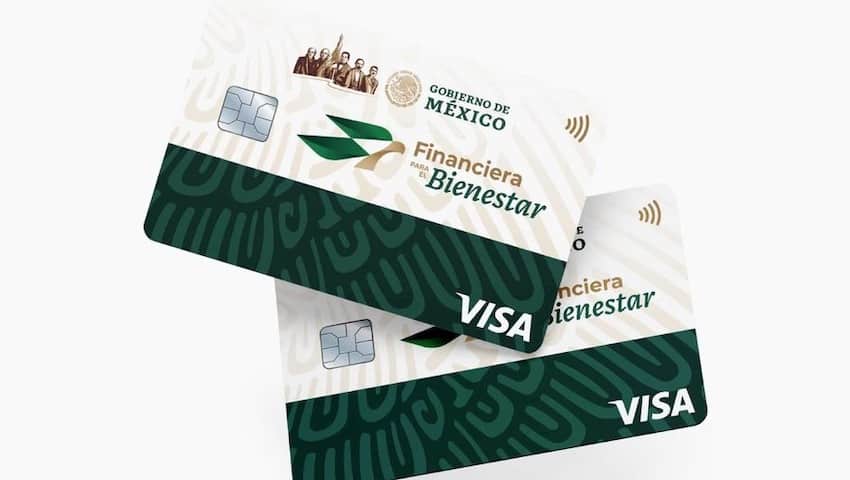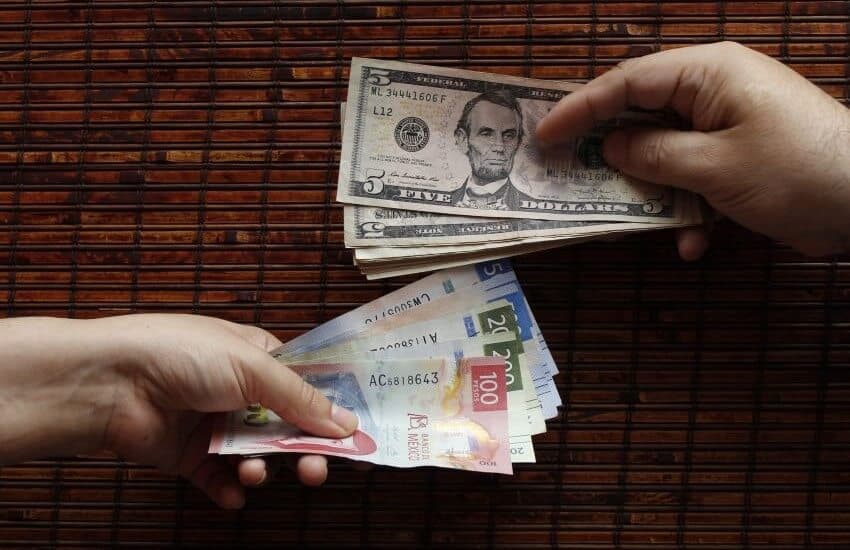Government agency to offer digital option for sending remittances

A new alliance between government agency Finance for Well-being (Finabien) and the banking app Broxel will make it easier for Mexicans in the United States to send remittances to relatives at home, including the ability to send money directly via cell phone.
The program will be run by the government agency Finance for Well-being (Finabien) – formerly Telecomm. It will allow Mexicans in the U.S. to open dollar accounts using only Mexican identification papers, such as a national identity card or driving license.
Migrant workers will then be able to get a Finabien Mexico card, allowing them to instantly transfer remittances to their families in Mexico via their cell phones.
“With this card, a digital bank account is opened for them in the United States,” explained Finabien director Rocío Mejía Flores, at President López Obrador’s Monday morning press conference.
“This is a great advance for many of our compatriots there, who suffer a lot of banking marginalization, as they don’t have sufficient [identity] documents.”
Users will also be able to open an account in Mexican pesos on the same card, making it easier for them to pay for services in Mexico.

The cards will initially be available at Mexican consulates in the U.S. and will later be made available for home order via an online application. Families in Mexico will be able to get the cards at any of the 1,700 Finabien branches across the country.
The commission for the service will be US $3.99 for a transfer of up to US $2,500, Mejía said, compared to an average of US $14 with other services.
Remittances accounted for US $58.5 billion in foreign exchange for the Mexican economy in 2022 alone. Finabien is already active in this market, capturing US $2.3 billion last year through its collaboration with the government’s Banco del Bienestar (Bank of Well-being), which announced in March that it would exit the remittance market.
However, the new program will differ from the Banco del Bienestar because it is entirely digital, allowing people to access money even in remote rural communities with no bank branches.
With reports from Reforma and El Financiero
Source: Mexico News Daily

